By Ofili Nonso
“What do you want?” “Utazi. Like how much do you have?”“We have N200, N350.”“This small thing. I will soon run away from your shop.”
That was a friendly exchange between Anabel, a foodstuff seller and her customer over Utazi, (a vegetable).
The customer paid and left after baring her mind on the increasing prices of foodstuff in the market.
“There is no day I come to the market that I buy at the same price. Before, I used to buy a derica of Tigernut for N250. A month after, it turned N500. Today, I saw it at N850,” Ugonwa Christabel, a customer complained.
According to her, small cow tail is now over N5,000, a far cry from its initial price of N2,500. Located near Under Bridge, Ikeja, Obada (Ipodo) Market accommodates both sellers and buyers everyday. There, one can buy meat, seasonings, plantains, semo, plastics, curtains, among other things.
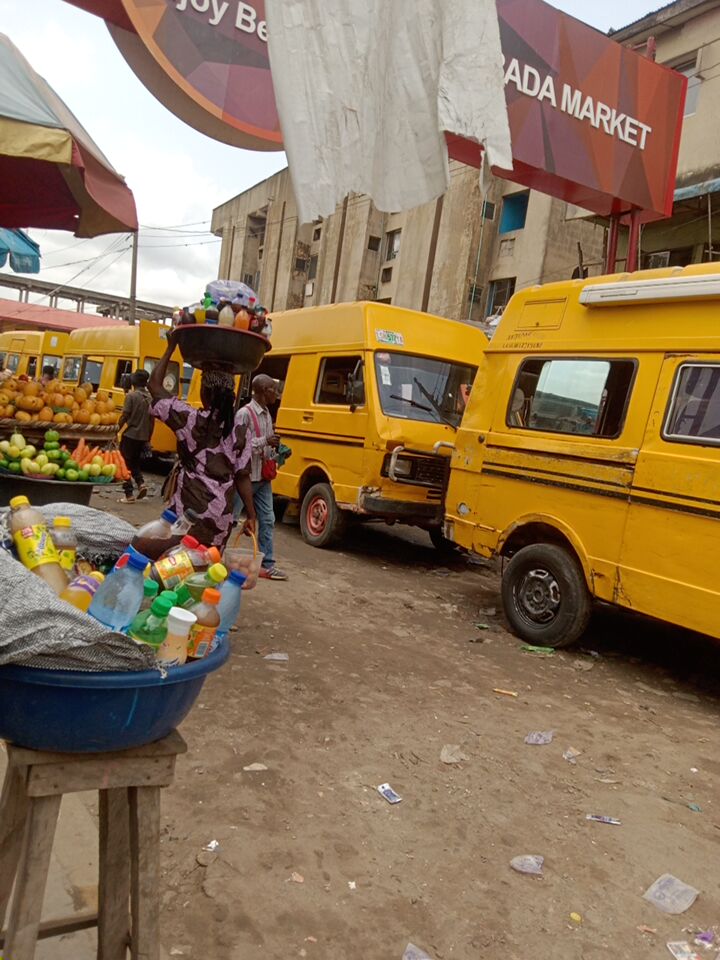
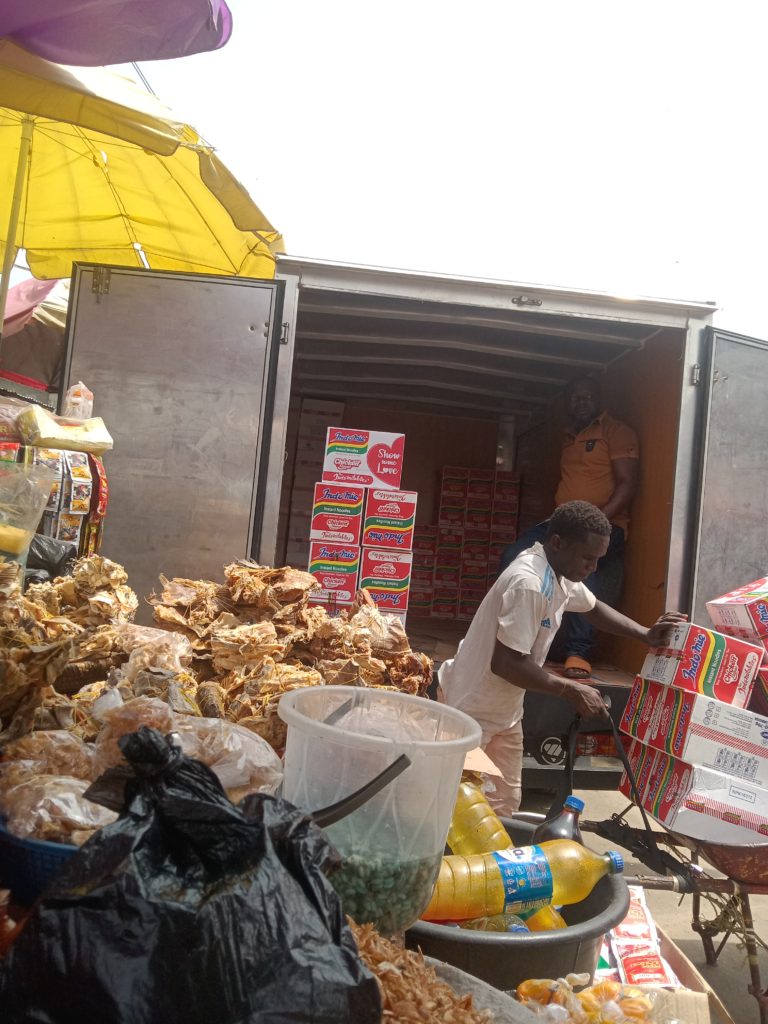
Unlike the narrative that says only women go to market, men also engage in buying and selling.
Still, the rising prices of foodstuffs have raised concerns among Nigerians. If one does not take extra money for shopping, one has to reduce items to be purchased.
In fact, 5 litres of vegetable oil, formerly N5,000 is now N5,600. A roll of Dano Milk goes for N550. A bag of rice previously N30,000 is now N28,000 thousand,; a slight decrease.
Most alarming is that the hike cuts across all other food products.
Who is to blame? For foodstuff sellers, transportation is very expensive, getting their products to the market is tough. Then, there is the need to make profit too. Ever since the ban on foreign goods, e.g. rice from Cotonou, those who manage to have access to such commodities flaunt their monopoly through price. Insecurity in the country is a major hindrance to food price stability too.
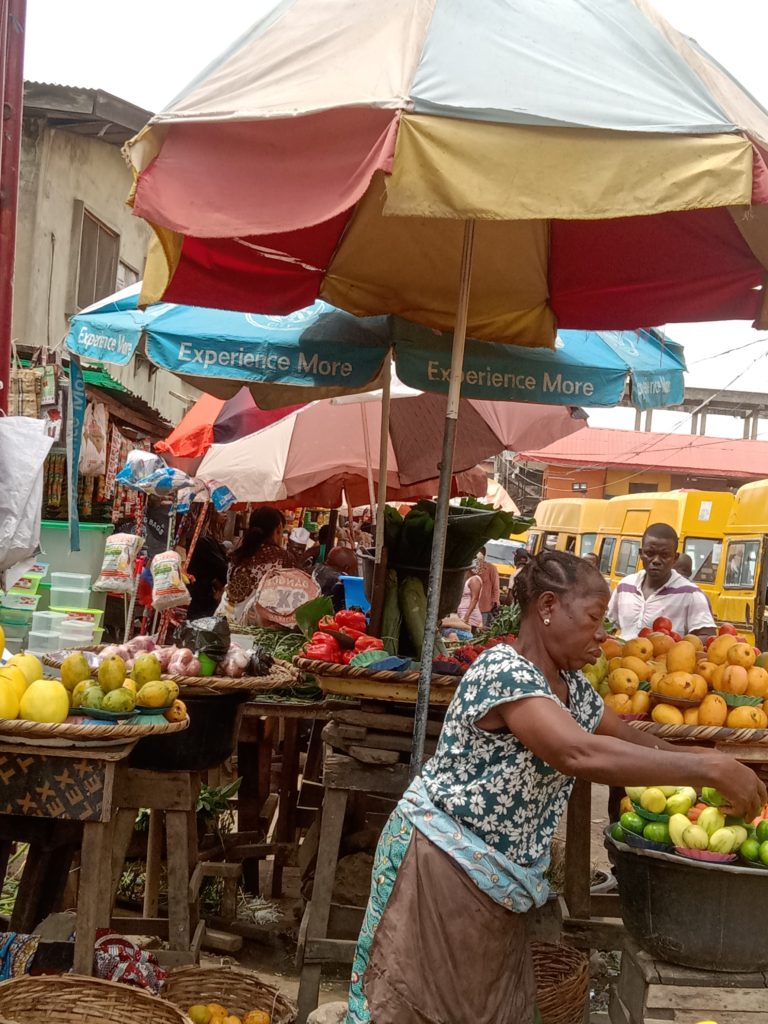
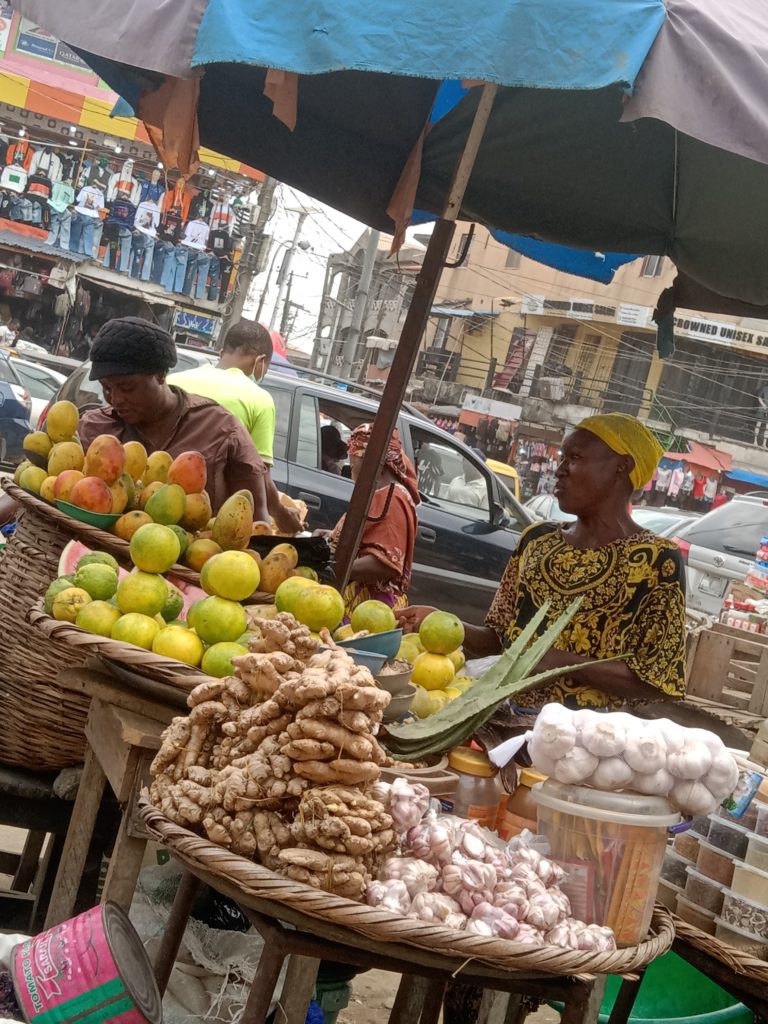
“My mother still sells eggs N70, whereas most sell at N100. As a result of that, she is branded as one who spoils market,” Faith Ofili, a banker said.
While complaints come against most sellers, some still maintain reasonable prices. In the market system, when one refuses to sell at extremely high prices, he/she will be coerced to do so. Hence, prices increase unnecessarily.
Sadly, some engage in hoarding and sell at exorbitant prices when the commodity is scarce. It is not out of place to say the standard of living of an average Nigerian is steadily declining. This leads to poor patronage, which affects sellers and buyers.
Thus, Nigerians are helpless. They grumble, but have to buy. Buyers complain, sellers complain.
As Christabel said: “Do not expect to see the same price you saw some days back. Nothing is constant.”
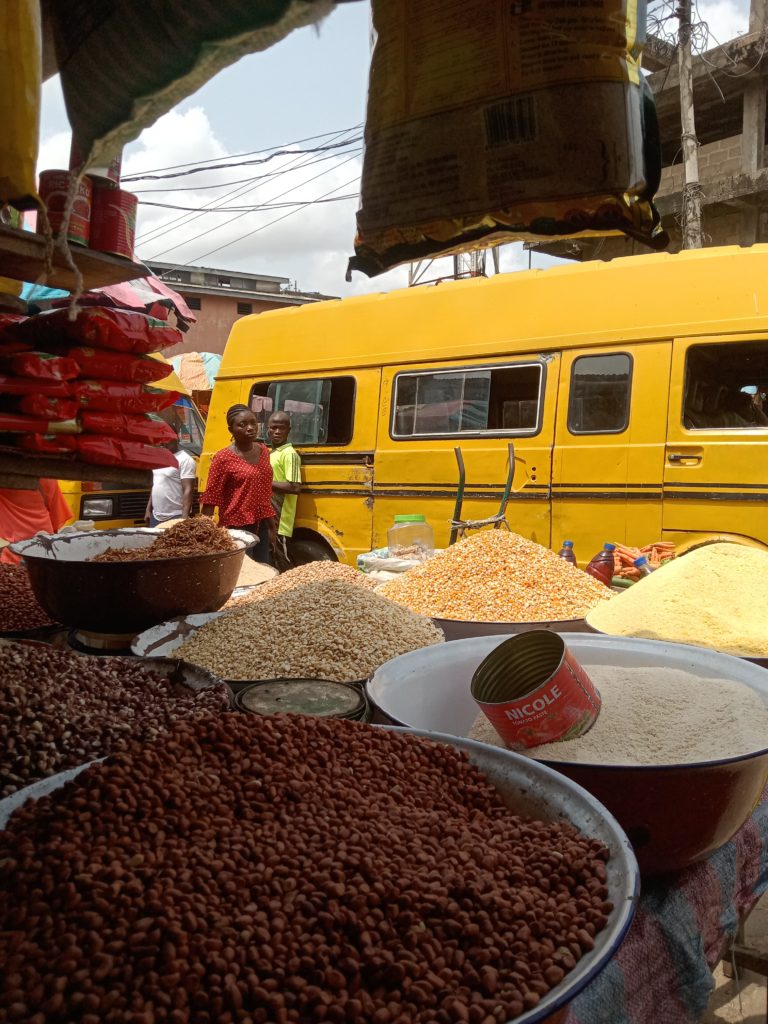
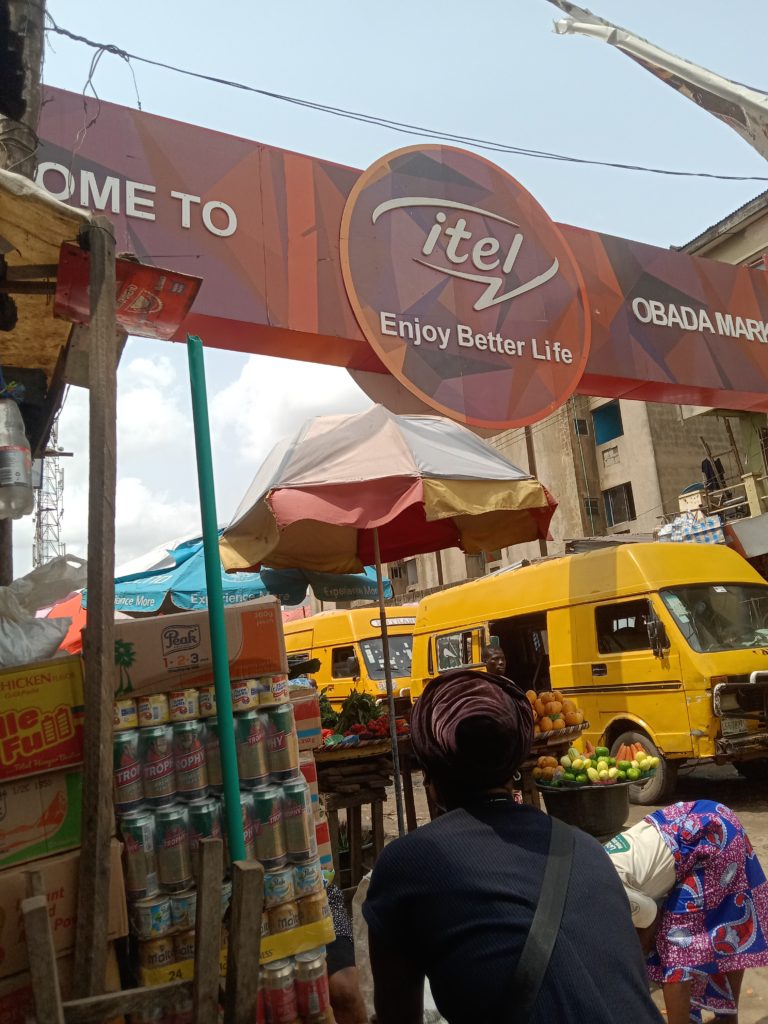
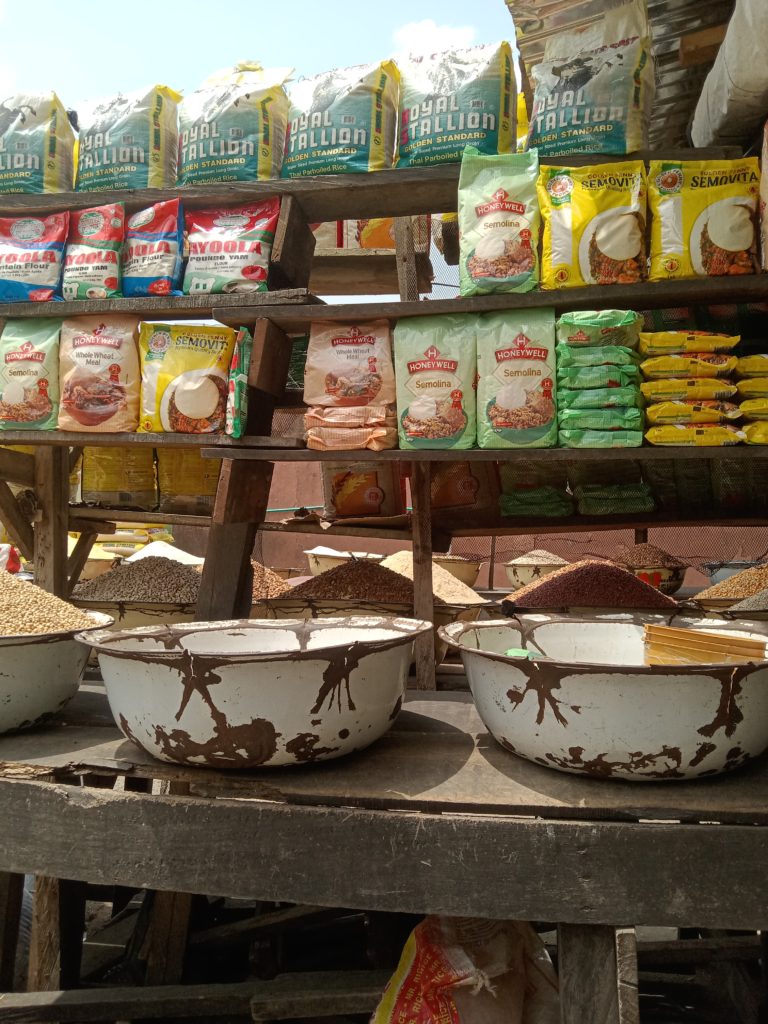

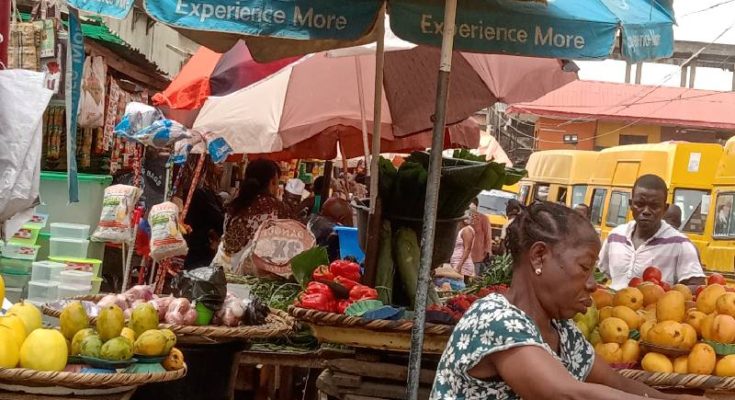
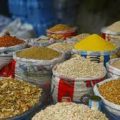




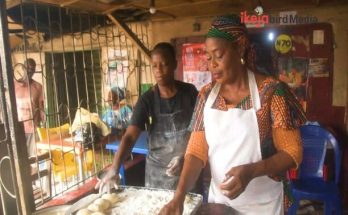

Interesting update about our economy from this view
Prices are definitely going out of hand. Well written 👍🏾
People are suffering, prices are increasing. Sometimes I can’t blame the food sellers. In short, Nigeria is tough
Well, I feel like our major problem in this our country Nigeria is man’s injustice to his fellow man. The problem starts from the government but we the people are also to be blamed as we don’t think about our fellow humans which is quite sad. This problem would be a really hard one to tackle.
This country we live in, where nothing seems to work, there’s insecurity everywhere on top that there’s severe inflation, the price of everything is going up, yet income remains constant. How can an oil rich country have fuel scarcity for God’s sake? We need a saviour
Nigeria’s inflation rate jumped to 16.82% in April which is the highest it had been in 8 months. The World Bank report confirmed that inflation plunged about seven million Nigerians into extreme poverty in 2021. That is an outrageous number of people without purchasing power. The insecurity in the north as well as inefficient transportation infrastructure causes the prices of food to surge. Nigeria’s problems are multifaceted but with hope and strength, next year’s election can change things for better.